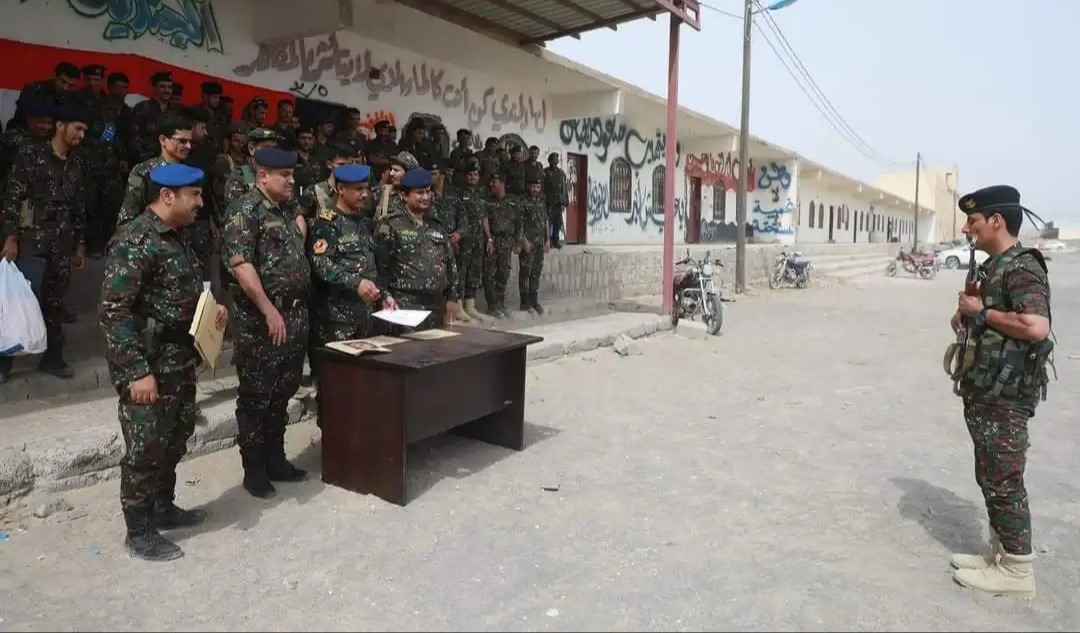


Barran Press
Security forces in Marib province, a key government stronghold in Yemen, have vowed to crack down on any attempts to smuggle currency into areas controlled by the Houthi rebels. The move comes amid concerns that the Houthis are attempting to exploit the old currency, which is being phased out by the internationally recognized government, to alleviate their own economic woes.
Brigadier General Abdullah Al-Sabry, commander of the Special Security Forces in Marib, stated that security forces will not tolerate any threats to public order, including attempts to smuggle currency or prohibited goods. He urged his troops to adhere to legal procedures at the province's checkpoints, emphasizing their readiness to confront "elements of sabotage, smuggling, and those who seek to disrupt the security and stability of the citizens in the province."
The heightened security measures follow the recent decision by the Central Bank of Yemen in Aden to give a 60-day grace period for individuals and businesses to deposit old currency notes issued before 2016. The Houthis, designated as a terrorist organization by several countries, are believed to be attempting to exploit the situation by smuggling these old notes into their controlled areas to mitigate the economic impact of the central bank's decision.
Earlier, strict military instructions were issued to enforce the central bank's directives regarding currency circulation, regulating the flow of currency into and out of government-controlled areas and Houthi-controlled territories. These instructions, issued following the reopening of the Houban road in Taiz, prohibit the entry of old currency notes into liberated areas while allowing their exit to Houthi-controlled areas. The instructions also prohibit the exit of foreign currencies, such as US dollars, Saudi Riyals, and Euros, to Houthi-controlled areas.
The directives further emphasize the need to apprehend individuals engaged in exchanging old currency notes in government-controlled areas for anything other than a one-to-one exchange, while allowing the entry and exit of new currency notes to and from government-controlled areas with a maximum limit of 200,000 rials per transaction.
On May 30, the Central Bank of Yemen in a statement seen by "Barran Press" urged individuals, businesses, companies, financial institutions, and banks holding old currency notes issued before 2016 to deposit them within 60 days. The bank emphasized that individuals and institutions without bank accounts should deposit their old currency notes at commercial and Islamic banks and their branches located in liberated governorates.
Economist and researcher Najieb Al-Adowfi believes that the Houthis' "sudden initiative to open roads in Taiz and Marib is an attempt to facilitate the smuggling of currency into their controlled areas, as well as to alleviate economic pressure, particularly related to financial transfers, following the Aden-based Central Bank's imposition of sanctions on six banks as part of its punitive measures against banks that did not comply with the decision to relocate their operations to the temporary capital, Aden."
Al-Adowfi said to "Barran Press that by reopening the roads, the Houthis will be able to "withdraw foreign currency from government-controlled areas, as well as receive foreign remittances from those cities amidst the imposed sanctions." He highlights the Houthis' attempts to undermine the central bank's decisions, including the issuance of decrees by the Sana'a-based central bank under Houthi control, which he considers "ineffective."